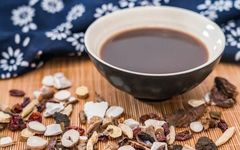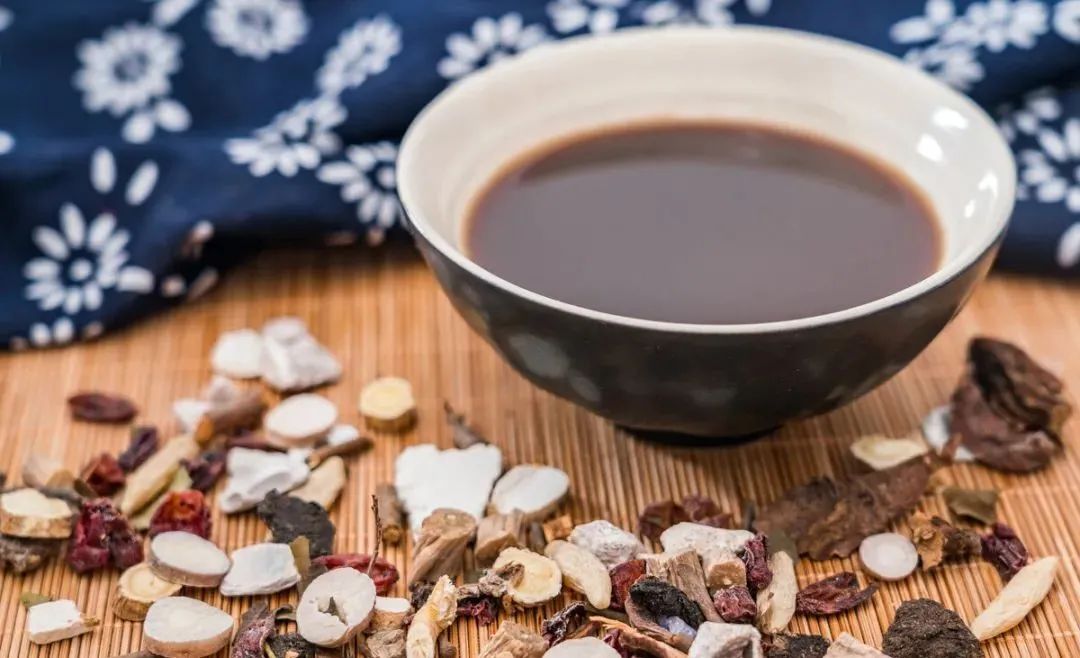
The advantages of TCM decoctions are evident, and many friends who seek TCM prefer to prepare their own decoctions to achieve better therapeutic effects. However, when preparing TCM decoctions, should the liquid be more concentrated or diluted? How can we obtain a more effective decoction to ensure the therapeutic effects of TCM? Ancient texts state, “The decoction is for washing away and is used for serious illnesses.” This indicates that decoctions have a cleansing and purging effect, making them particularly suitable for conditions with significant yin-yang imbalance or prolonged illness. Throughout history, physicians have emphasized the importance of properly preparing TCM decoctions. Xu Lingtai in “Medical Source Theory” stated, “The method of decocting medicine should be deeply discussed; the efficacy of the medicine depends entirely on this.” Thus, correctly decocting the medicine is crucial for eliminating diseases and fully utilizing the medicinal properties.
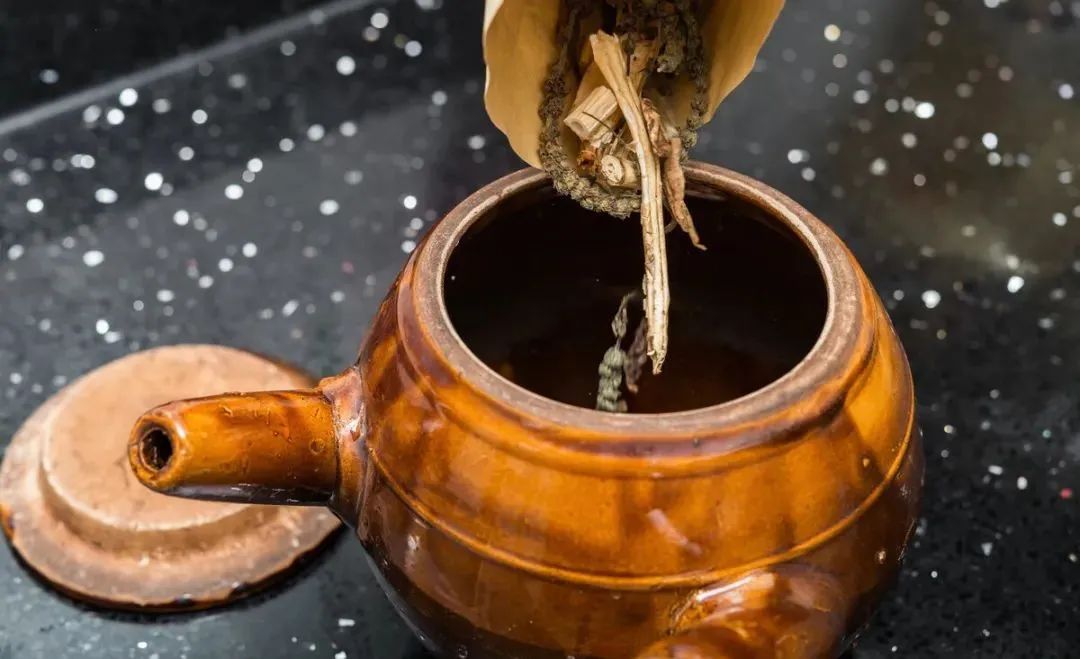
When decocting TCM (preparing TCM), it is best to choose clay pots or jars, as these ceramic vessels do not chemically react with the herbs and heat slowly, preventing burning. It is not advisable to use aluminum, iron, or copper pots, as they can react with the herbs and potentially produce toxic substances.
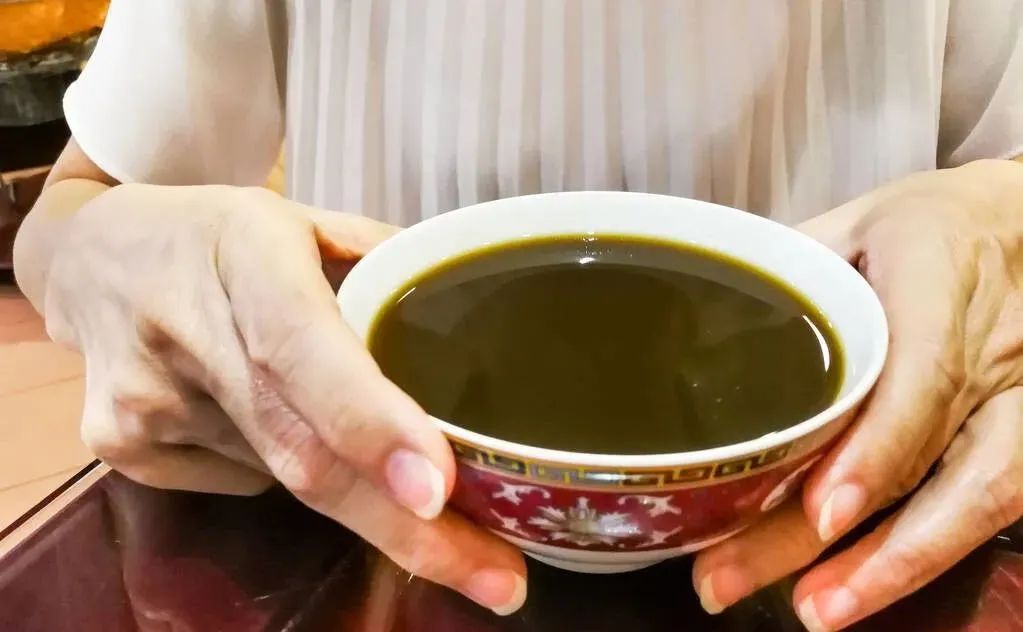
Before decocting TCM (preparing TCM), soak the herbs in clean water (not mineral water) for 30 minutes to 1 hour, depending on the part of the herb used. After soaking, the herbs absorb water and return to a state close to freshness. For the first decoction, add water to a height of 3-5 cm above the herbs, and for the second decoction, 1-2 cm above the herbs. The decoction process emphasizes both strong and gentle heat. Generally, it is advisable to use strong heat (high heat) to bring to a boil, and then switch to gentle heat (low heat) within 5 minutes of boiling, maintaining the decoction at a gentle simmer. The decoction time should be 2-3 times per dose, with two decoctions typically extracting 80%-90% of the effective components. Additionally, there are special decoction methods: herbs that are difficult to extract effective components from, need detoxification, or have special requirements should be decocted first; those that are volatile or have easily destroyed effective components should be added later; powdered herbs or fuzzy herbs should be wrapped for decoction; and there are also methods such as taking them in a dissolved form. Regardless of the special decoction method, the herbalist will inform us when we collect the herbs, and this must be noted.
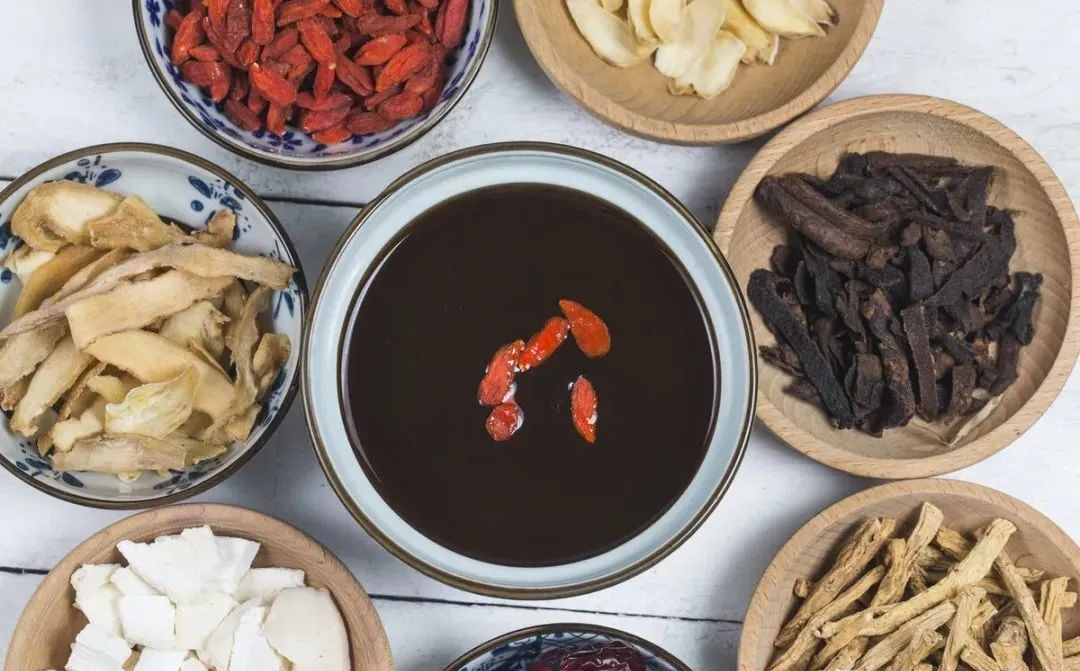
So, is it better for the TCM decoction to be more concentrated or diluted? Should it be more or less? Decocting TCM is the process of continuously releasing and dissolving the effective components from the herbal pieces. When the concentration of the effective components in the decoction balances with that in the herbal pieces, this diffusion process stops, indicating that the decoction is ready. If decoction continues in pursuit of “more concentrated and less volume,” not only will no further effective components be released, but non-effective components (such as resins, gums, pigments, and other macromolecular compounds) may continue to dissolve, which can reduce the effective components in the decoction due to evaporation and even damage them under prolonged high temperatures, thus lowering efficacy. Depending on the nature of the herbs, for releasing exterior-releasing herbs, decoct for 10-15 minutes after boiling for the first time, and 10 minutes for the second decoction. For tonifying herbs, decoct for 30-40 minutes after boiling for the first time, and 25-30 minutes for the second decoction; for herbs of general nature, decoct for 20-25 minutes after boiling for the first time, and 15-20 minutes for the second decoction. All types of decoctions should ideally be decocted twice, and after the decoction is ready, it should be filtered while hot, squeezing out as much liquid as possible to minimize the residue of the herbal dregs.

Each time the decoction is prepared, the filtered amount should not be less than 200 ml for adults, and for children, the filtered amount should be around 100-120 ml.

